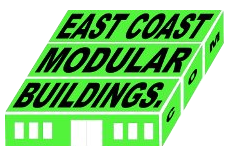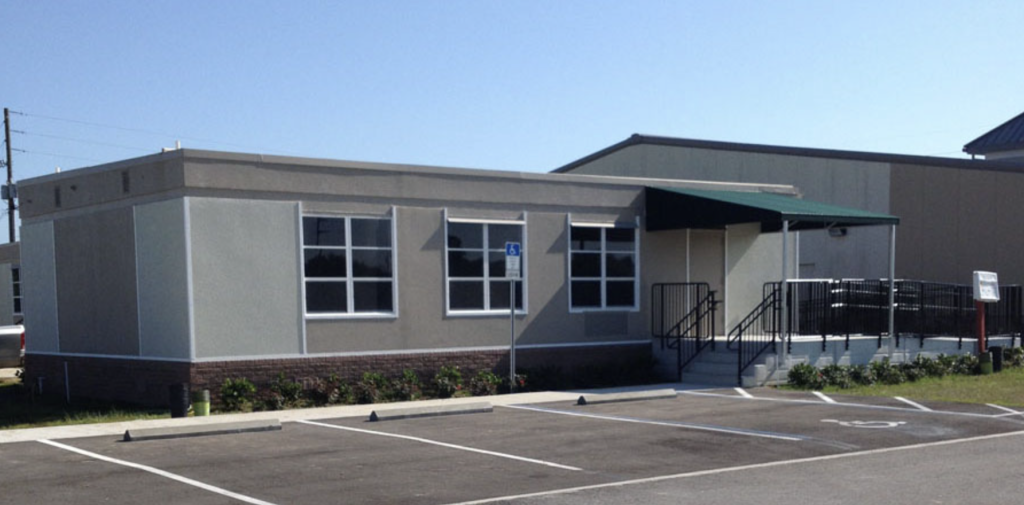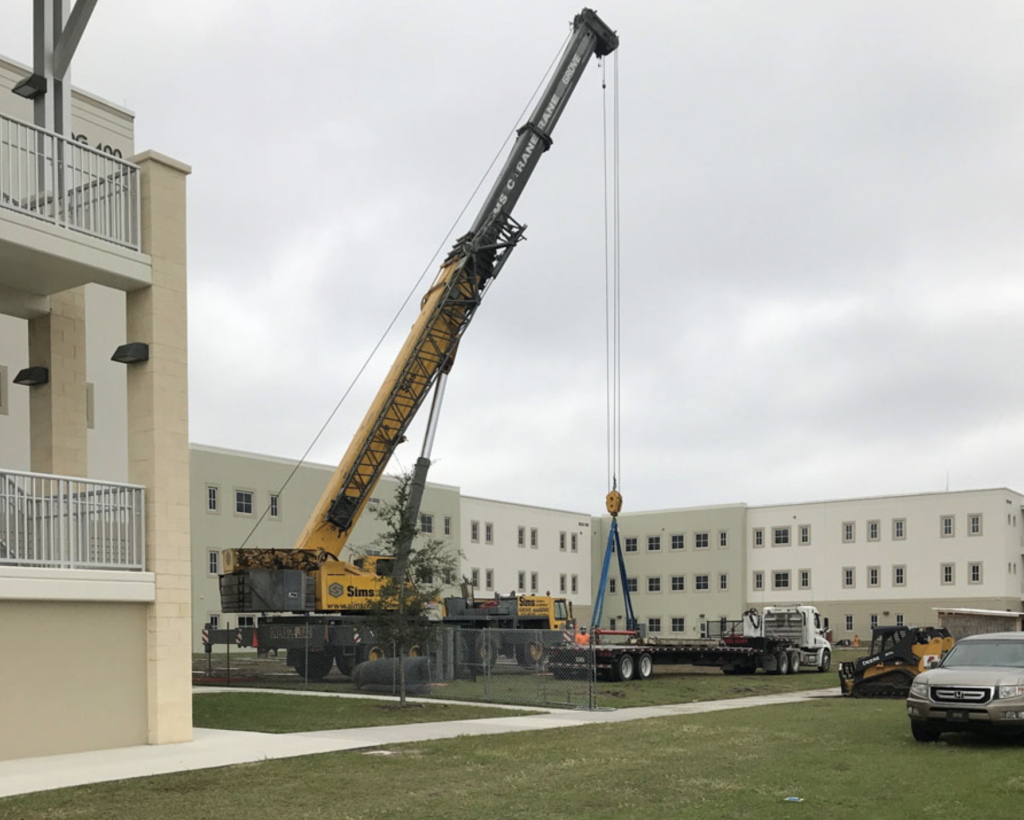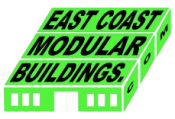Embracing the Future: The Rise of Modular Commercial Buildings

Modular Commercial Buildings
Call Today!
352-557-4975
In a rapidly evolving world where efficiency, sustainability, and innovation reign supreme, the construction industry has been witnessing a profound transformation. Among the numerous advancements, the concept of modular construction has emerged as a game-changer, revolutionizing the way commercial buildings are designed, constructed, and utilized. This modern approach, characterized by its flexibility, speed, and cost-effectiveness, is reshaping the landscape of commercial real estate and fostering a new era of construction.
Introduction to Modular Construction
Modular construction, often referred to as prefabricated or off-site construction, entails assembling building components in a controlled factory setting before transporting and assembling them at the final construction site. Unlike traditional construction methods that rely heavily on on-site building processes, modular construction involves the creation of modules or sections off-site, ensuring precision, quality control, and reduced on-site labor requirements.

Benefits of Modular Construction
Accelerated Construction Time: One of the primary advantages of modular construction is its ability to significantly shorten the construction timeline. With simultaneous on-site preparation and off-site module fabrication, projects can be completed in a fraction of the time compared to traditional construction methods. This accelerated pace not only reduces labor costs but also allows for quicker occupancy, enabling businesses to start operations sooner.
Cost Efficiency: The controlled manufacturing environment in modular construction minimizes material wastage and optimizes resources, leading to cost savings. Additionally, the streamlined process and reduced on-site labor contribute to lower overall project costs, making modular construction an attractive option for developers aiming to achieve more with limited budgets.
Flexibility and Customization: Contrary to common misconceptions, modular construction offers considerable flexibility in design and customization. Modules can be tailored to meet specific requirements, and the assembly process allows for alterations or additions, providing businesses with the opportunity to create unique, personalized spaces that align with their needs and branding.
Sustainability: Embracing sustainable practices is a key focus in today’s construction industry, and modular construction aligns well with these objectives. The controlled manufacturing environment reduces environmental impact by minimizing waste generation and optimizing energy usage. Additionally, the potential for repurposing or relocating modules makes it an environmentally friendly choice compared to traditional building methods.
Speedy Construction: One of the primary advantages of prefab retail buildings is the rapid construction timeline. With components manufactured off-site, projects can be completed in significantly shorter timeframes compared to conventional construction. This speed is particularly advantageous for retailers aiming to capitalize on specific market trends or seasonal demands swiftly.
Cost-Efficiency: Prefabrication often results in cost savings due to reduced labor costs, streamlined construction processes, and minimized material waste. Additionally, the controlled factory environment allows for efficient resource utilization, contributing to overall cost-effectiveness.
Sustainability: Prefabricated construction can align with sustainable building practices. The controlled manufacturing environment enables better management of resources, waste reduction, and the incorporation of eco-friendly materials, contributing to a smaller environmental footprint compared to traditional construction methods.
Flexibility in Design: Contrary to common misconceptions, prefab buildings offer a wide range of design possibilities. Modern advancements in technology and manufacturing techniques allow for customizable designs, catering to various architectural styles and retail requirements while maintaining structural integrity.
Applications in Commercial Real Estate
The versatility of modular construction extends across various sectors within commercial real estate. From office buildings and retail spaces to hotels and educational institutions, the adaptability and efficiency of modular construction have found applications in diverse settings.
Office Buildings: In the corporate world, where agility and adaptability are crucial, modular construction offers an ideal solution. Companies seeking modern, efficient office spaces can benefit from the rapid construction and customizable design features of modular buildings. These structures can accommodate the evolving needs of businesses, providing scalable spaces that can easily be reconfigured as requirements change.
Retail Spaces: The retail sector thrives on innovation and customer engagement. Modular construction enables retailers to create eye-catching, functional spaces that captivate consumers while ensuring quick setup and cost-effective operations. Pop-up stores, kiosks, and entire retail complexes can be efficiently constructed using modular techniques, allowing businesses to capitalize on prime locations and seasonal trends.
Hospitality Industry: Hotels and hospitality spaces require not only aesthetic appeal but also efficient construction timelines. Modular construction facilitates the creation of hotel rooms and common areas with minimal disruption to ongoing operations. This approach allows hoteliers to expand or renovate their properties while maintaining guest satisfaction and minimizing revenue loss.
Educational Institutions: Schools, colleges, and universities are embracing modular construction to address the growing need for educational facilities. Modular classrooms, laboratories, and administrative buildings offer educational institutions the flexibility to adapt to changing enrollment numbers or educational programs. Furthermore, the reduced construction time ensures minimal disruption to academic schedules.

Overcoming Challenges and Future Outlook
While modular construction offers numerous advantages, it’s not without its challenges. Overcoming the perception of inferior quality, addressing transportation logistics, and ensuring regulatory compliance remain areas of focus for the industry. However, ongoing technological advancements, increased collaboration among stakeholders, and a growing demand for sustainable and efficient construction methods are driving the evolution of modular construction.
Looking ahead, the future of modular commercial buildings appears promising. As technological innovations continue to refine manufacturing processes, design capabilities, and sustainability practices, modular construction will likely become even more prevalent. The industry is poised to witness further growth, with increased acceptance and adoption of this efficient and adaptable building methodology.
Modular construction represents a significant shift in the way commercial buildings are conceived and constructed. Its ability to offer accelerated timelines, cost efficiencies, customization options, and sustainability aligns perfectly with the demands of modern businesses across various sectors. As the industry continues to innovate and overcome challenges, the widespread adoption of modular construction in commercial real estate is poised to reshape urban landscapes and redefine the future of construction. Embracing this innovative approach heralds not only a more efficient and cost-effective future but also a more sustainable and adaptable one.

